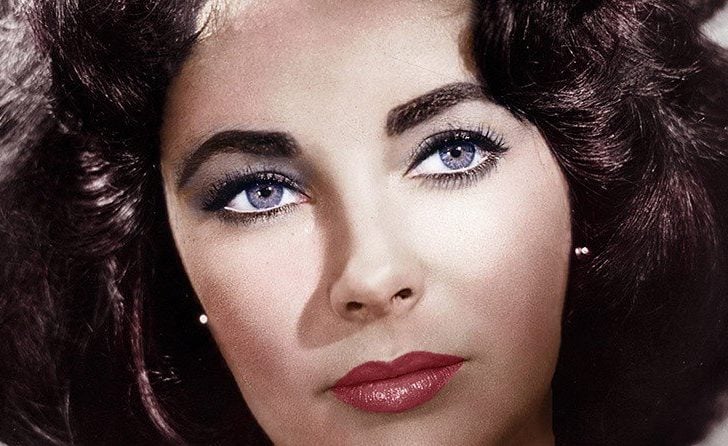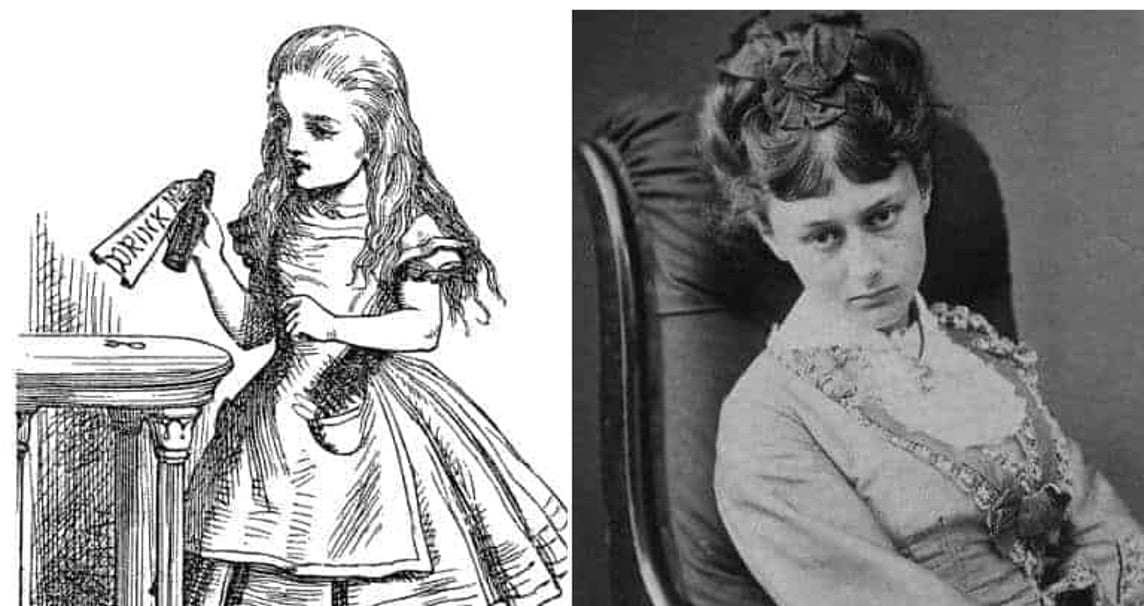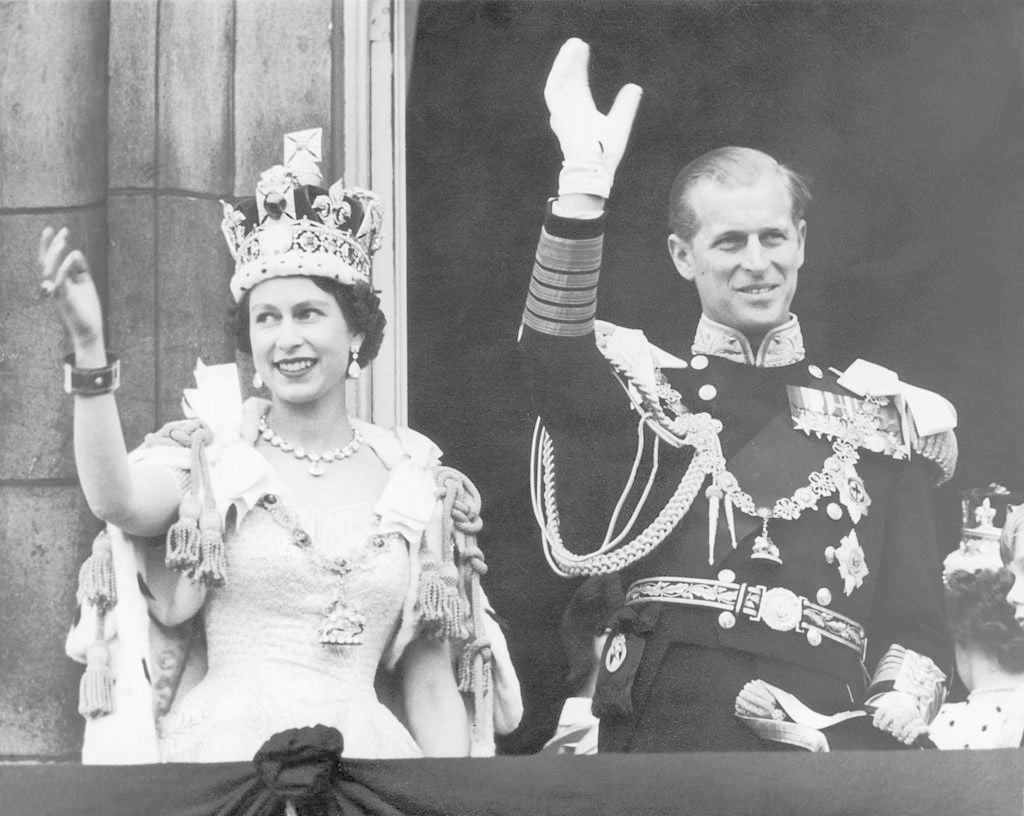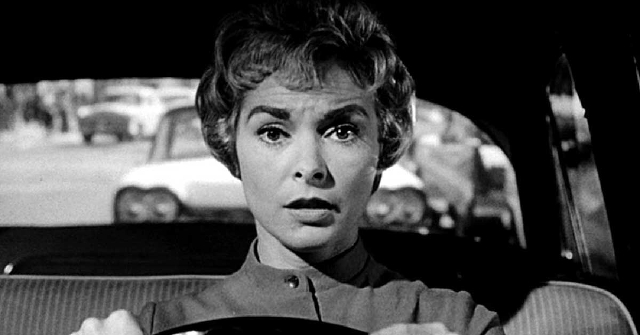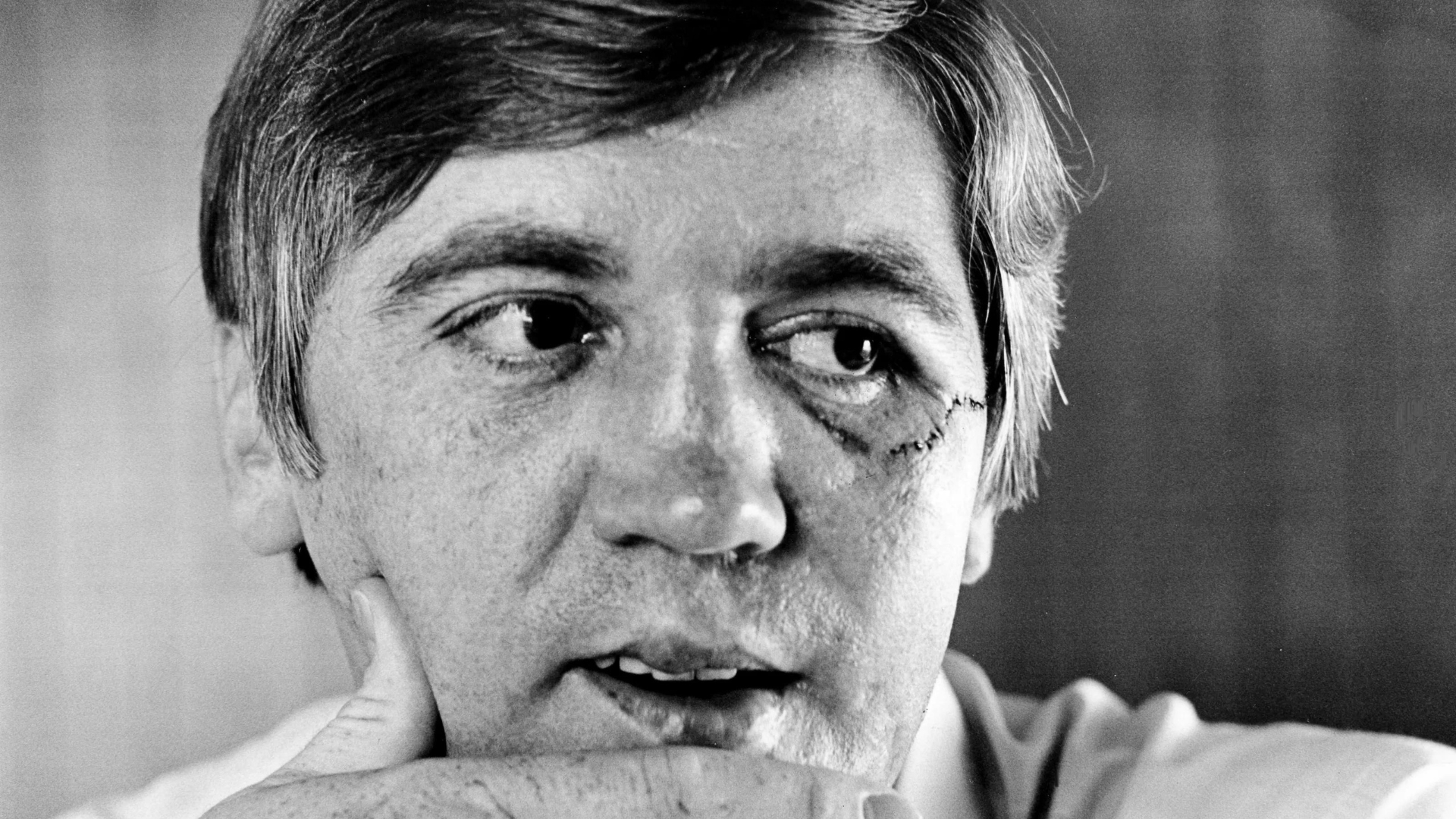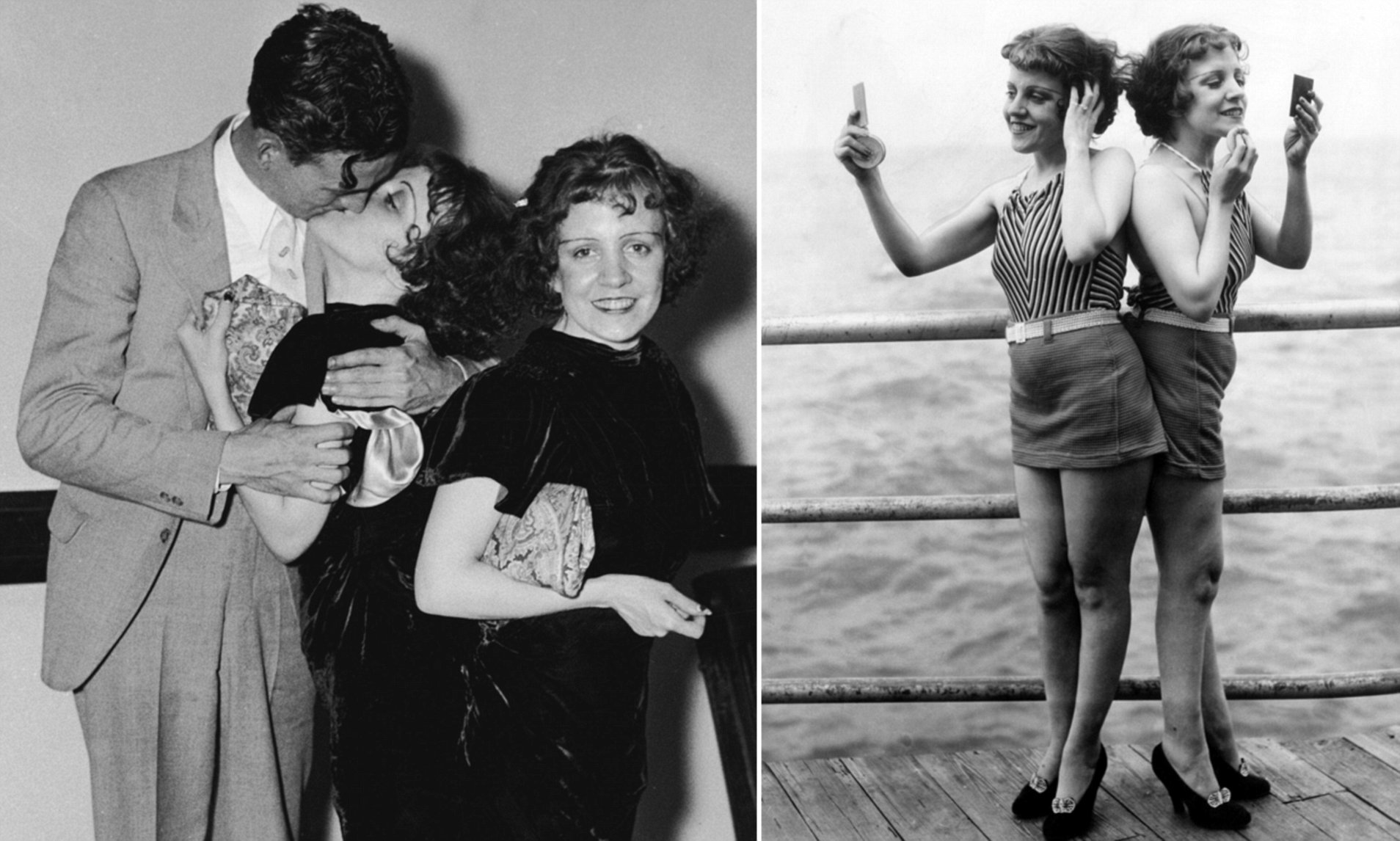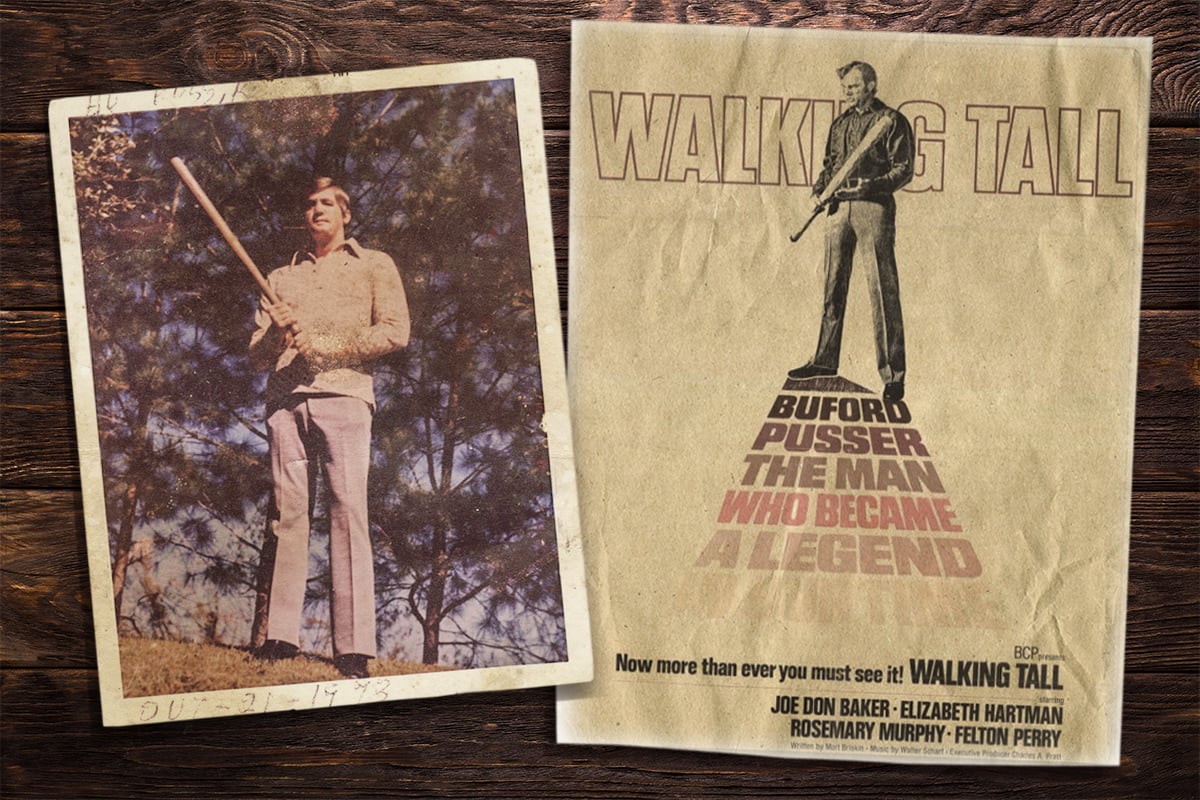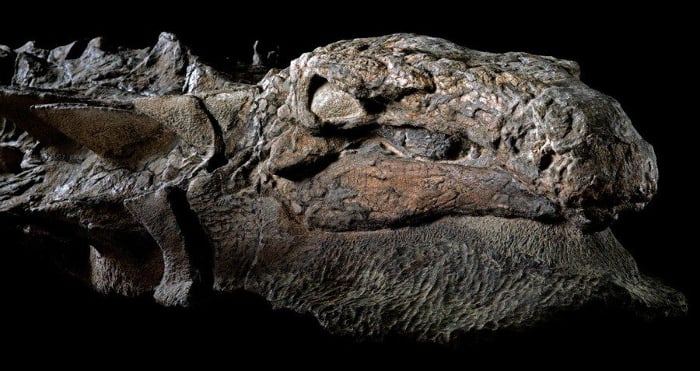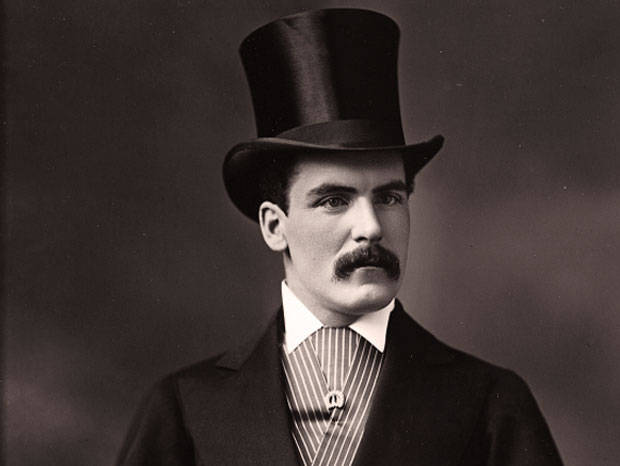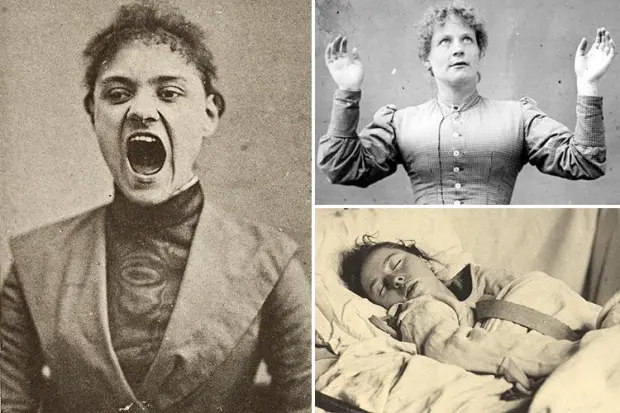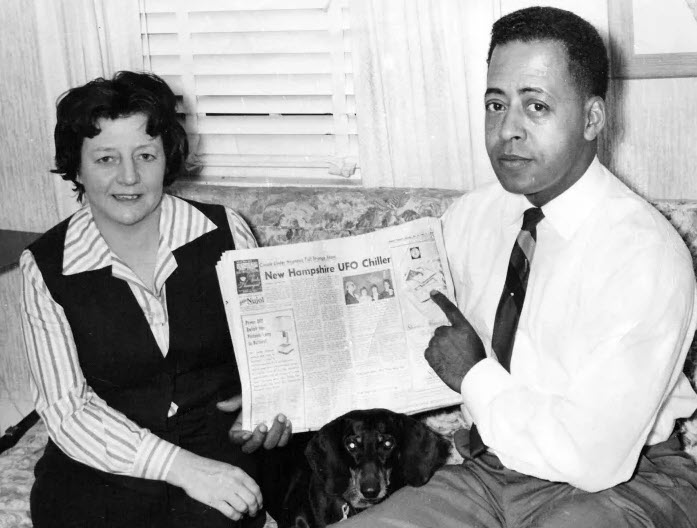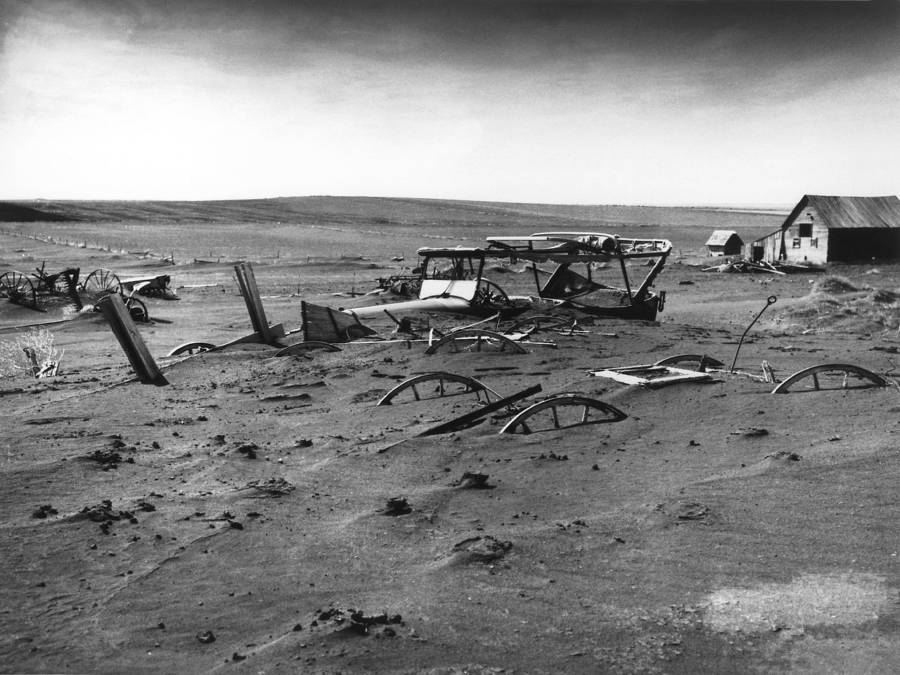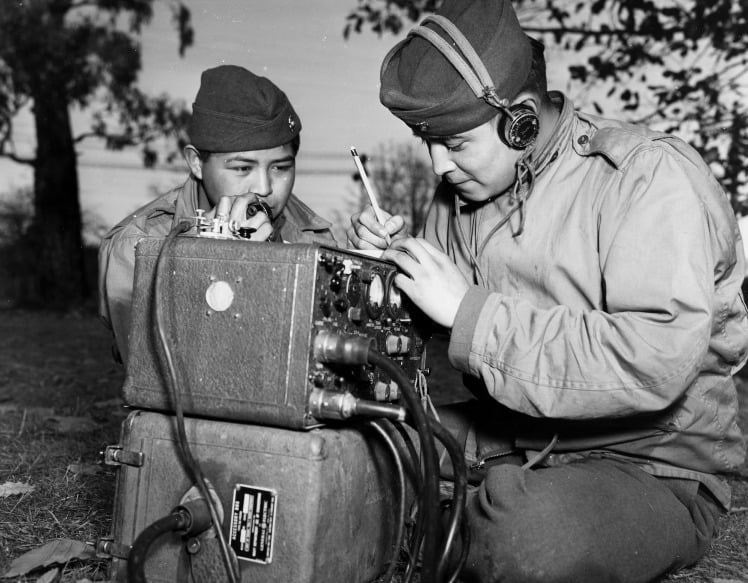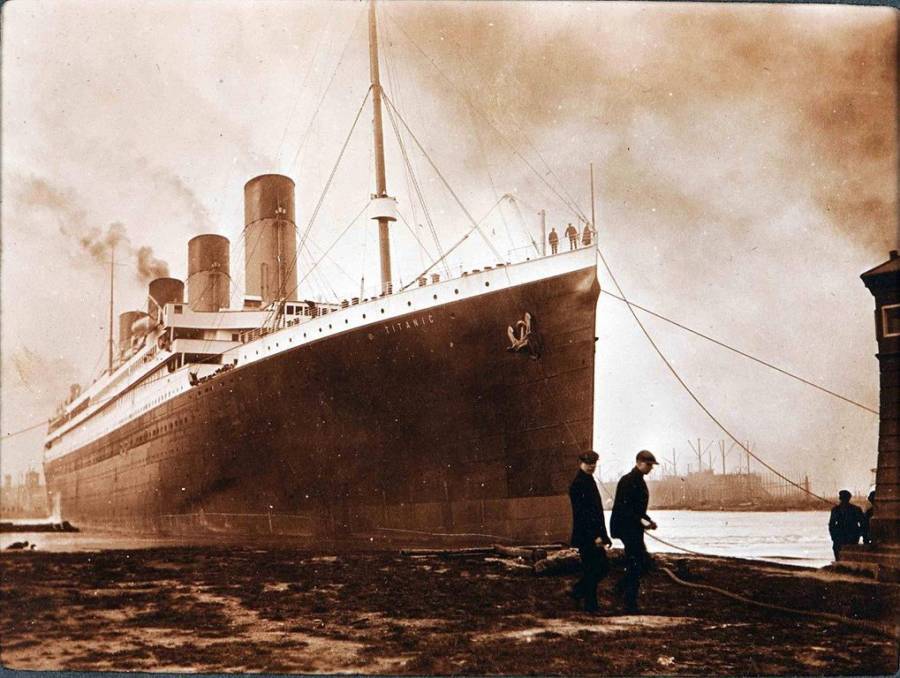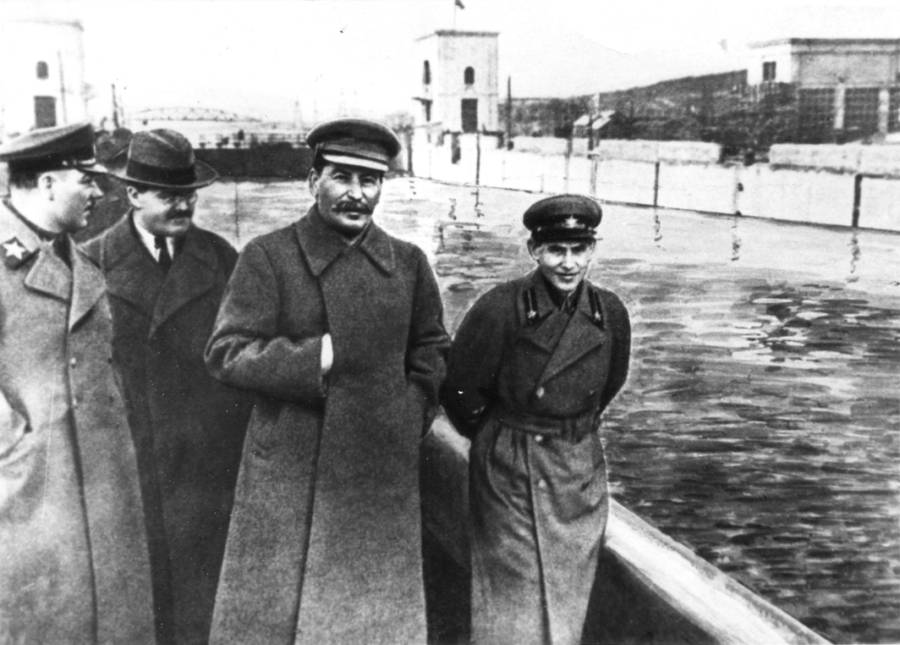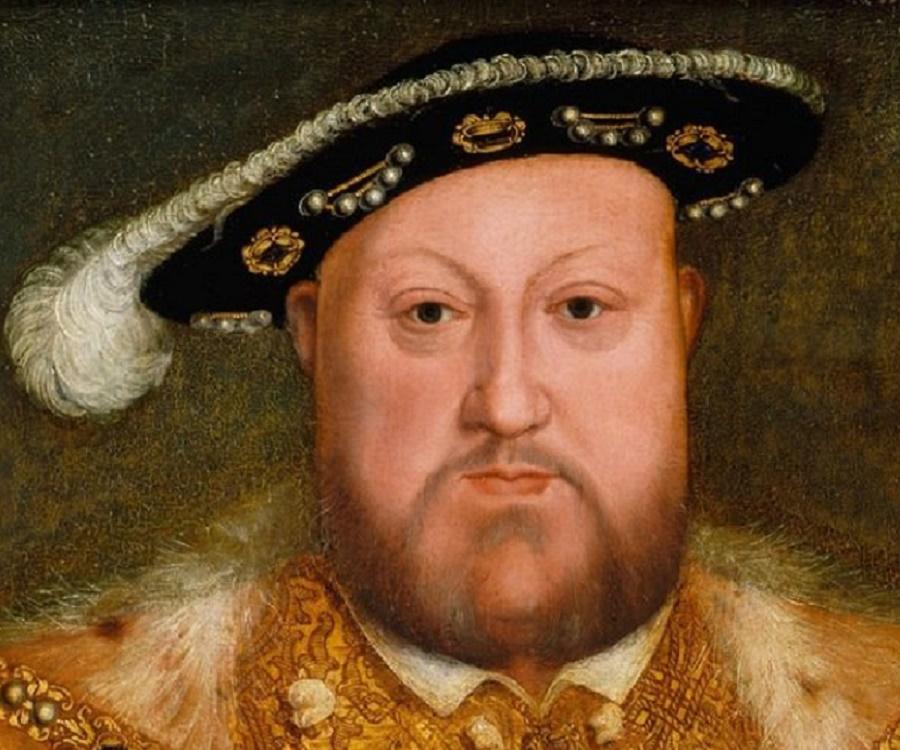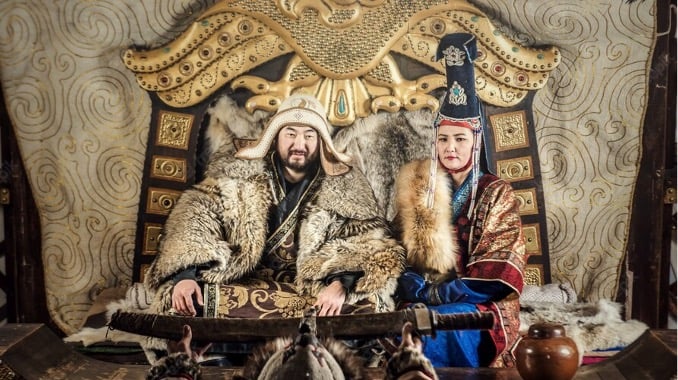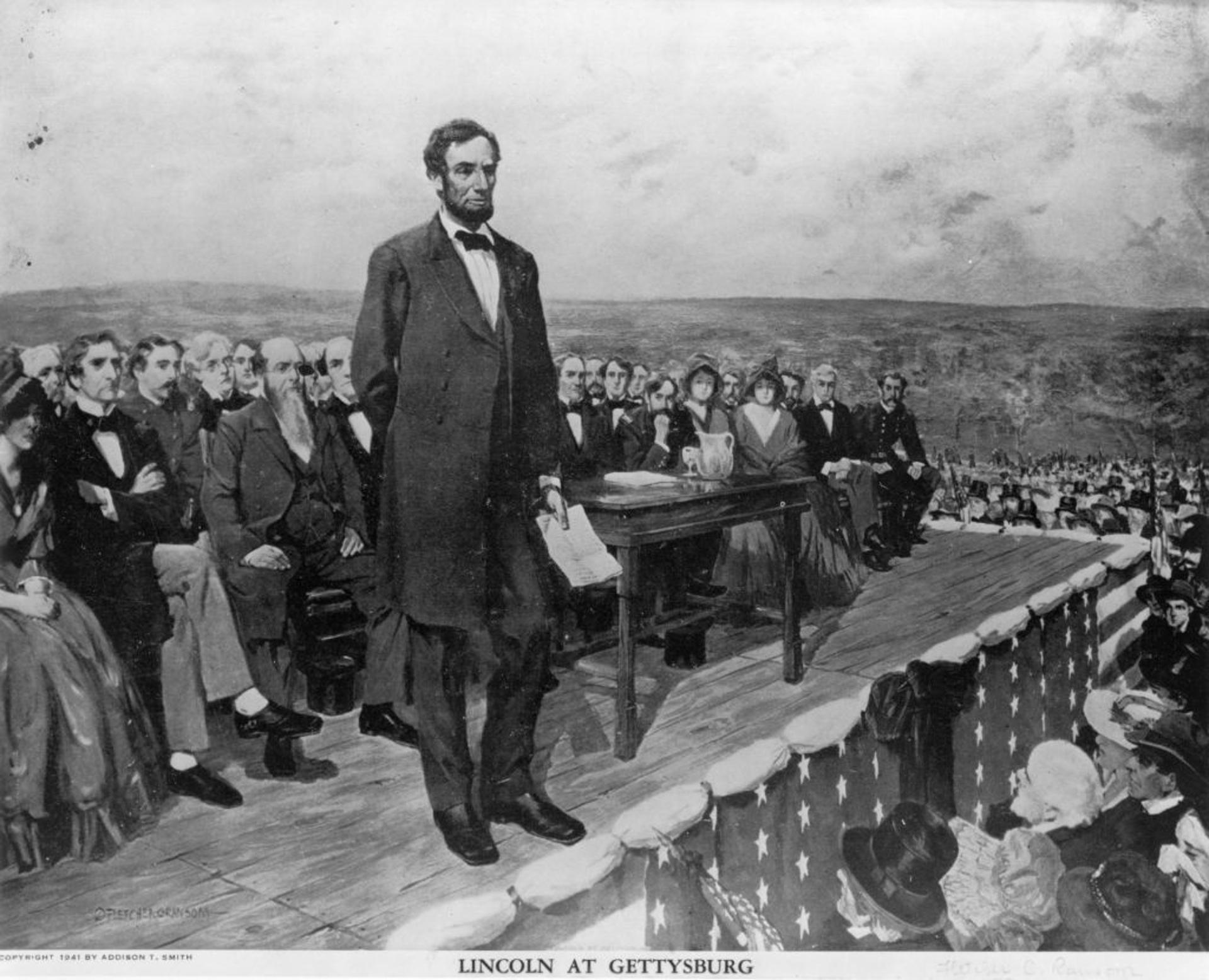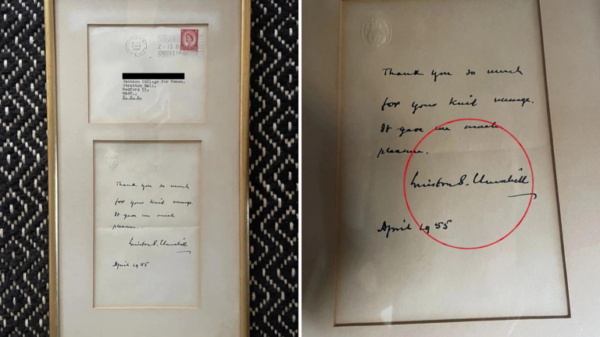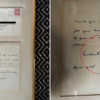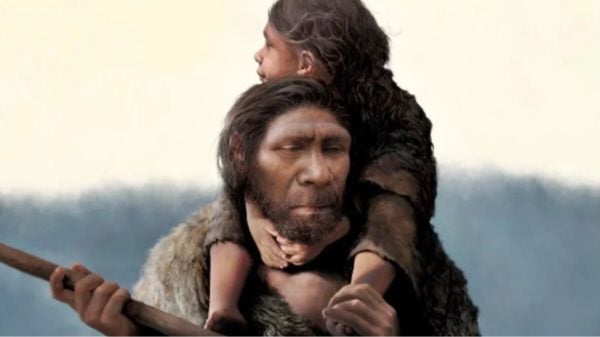Abraham Lincoln, the sixteenth president of the United States, is known around the country and the world as the “Great Emancipator.” However, Lincoln wasn’t quite as forward-thinking and accepting of African Americans as many believe.
Technically, Lincoln did abolish slavery; however, that wasn’t his main objective. In fact, his only goal was to keep the country together, and he wouldn’t have been able to do so by allowing the residents of the Southern states to continue to own slaves. And this isn’t simply conjuncture; Abraham Lincoln once said directly, “If I could save the Union without freeing any slaves, I would do so.”
It’s important to understand that while Lincoln did believe that slavery was wrong, he was still extremely racist against African-Americans. While he did invite a group of free black Americans to Washington, D.C., to discuss plans for the future, at this meeting, he famously said, “Your race are suffering, in my judgment, the greatest wrong inflicted on any people. But even when you cease to be slaves, you are yet far removed from being placed on an equality with the white race.”
At this same meeting, Lincoln went on to explain his idea for the future of the soon-to-be freed slaves: “There is an unwillingness on the part of our people, harsh [as] it may be, for you, free colored people, to remain with us. It is better for us both, therefore, to be separated. The place I am thinking about having for a colony [in] Central America.”
Essentially, he said that white Americans were not going to be comfortable with freed black Americans living among them, so the best option would be to create an all-white America by exiling the newly freed slaves to another country altogether.
Sadly, at this time, freed black Americans needed to find a way to convince Lincoln that they were useful and should be able to stay in the United States. And this is where famous abolitionist Frederick Douglas came in: He told Lincoln that he would need black Americans to fight in order to win the Civil War.
Of course, Douglas was infuriated by Lincoln’s racist plan, but by offering that African American freed slaves would fight as soldiers, he was attempting to show the president that black people were not only valuable to him but equal to white citizens and deserved the rights of legal equality.
Luckily, Lincoln listened to Douglas and released the Emancipation Proclamation in order to allow black Americans to be free to fight with the Union. Historians now understand that this was a military tactic, not a human kindness, as so many believe.
So, while Abraham Lincoln absolutely did abolish slavery in the United States, he did so for the good of the country, not for the lives of the black citizens who were being treated so abhorrently. And it’s important to grasp this crucial difference when understanding America’s history of racial injustice.



